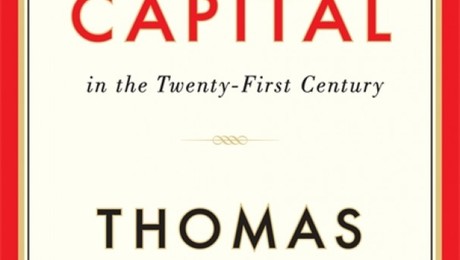More on insta-famous economist Thomas Piketty, this time from Maxine Montaigne at the Conversation, who attempts to not argue the points of Capital in the Twenty-First Century but to explain the sensation. An excerpt:
“While almost everyone seems to agree that Piketty’s work is a valuable and timely contribution to the debate on inequality, there is a lingering sense of confusion about why this book in particular has grabbed the public’s attention. In order to understand this phenomenon, it might be helpful to look back a few hundred years, at the most famous dismal scientist of them all, T. R. Malthus.
Malthus was, and is still, famous for his slightly depressing comments on humanity’s inability to provide for a growing population. What is particularly interesting though is that despite these ideas not being hugely original or even very surprising, Malthus became something of a household name in the 19th century, at least more so than any other economist at that time.
One reason for Malthus’ unusual fame was simply good timing. At the beginning of the 19th century the British public were increasingly concerned with the overcrowding of Britain’s cities, and combined with decades of low agricultural wages and a damaging war with France it’s no surprise that Malthus’ pessimism struck a chord.
It’s easy to see the parallel with Thomas Piketty today, who many see as finally providing proof of capitalism’s inherent flaws as argued vocally by the Occupy movement. And once again the timing is everything; Piketty and his colleagues have been working on the World Top Incomes Database since well before the financial crisis and subsequent recessions, but his book now seems perfectly timed in response to growing public disenchantment with the theory of ‘trickle down’ economics.”

